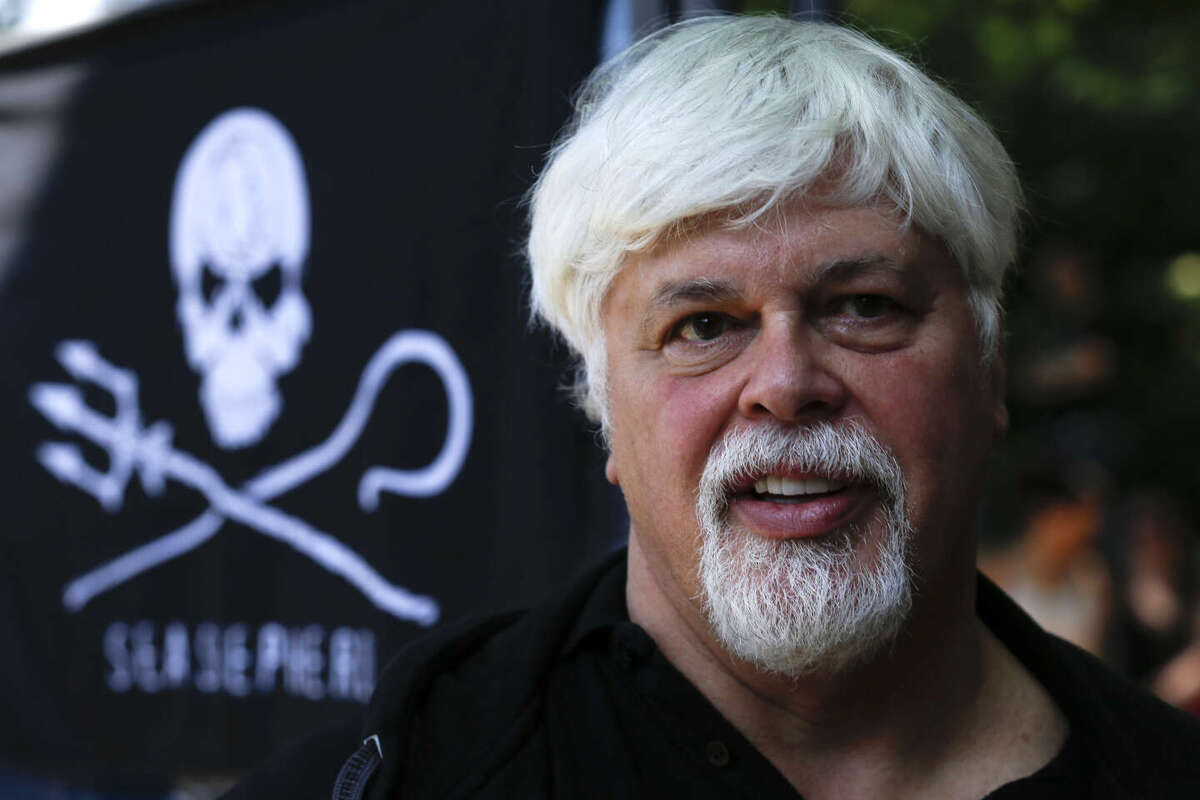In a dramatic turn of events, renowned environmental activist Paul Watson has been arrested in Greenland. Watson, known for his relentless fight against whaling, was detained on his ship shortly after it docked in Nuuk, Greenland’s capital, for refueling.
The Arrest and Detention
Kara Brown loses Jeopardy thriller, stumped by Harper Lee clue in dramatic final
Kara Brown loses Jeopardy thriller to Harrison Whitaker, all three contestants stumped by Final question
Paul Watson, founder of Sea Shepherd Conservation and the Captain Paul Watson Foundation, was arrested on July 21st. He is now held in custody until August 15th, awaiting a court decision on whether he will be extradited to Japan. His arrest was captured on video by his foundation, showing Greenlandic police officers handcuffing Watson on the deck of the ship John Paul DeJoria, before escorting him into a police van.
The Interpol Notice and Japan’s Role
Watson’s arrest stems from an Interpol red notice issued by Japan. This notice, initially thought to have been withdrawn, was reportedly kept confidential to facilitate Watson’s arrest. The charges against him date back to previous confrontations in the Antarctic involving Japanese whaling ships. According to Watson’s foundation, Japan strategically reinstated the notice to coincide with his planned actions against a new Japanese whaling factory ship, the Kangei-Maru, in the North Pacific.
Jasleen Singh fires back at podcast critics, calls out ‘cockroaches’ in viral controversy
Aakash Singh’s wife Jasleen fires back at online drama, defends podcast past
The Japanese government has remained silent on Watson’s arrest, although a Japanese coast guard spokesperson indicated ongoing coordination with relevant authorities.
The Fight Against Whaling
Watson’s journey to Greenland was part of a broader campaign aimed at intercepting the Kangei-Maru. This new factory ship represents Japan’s controversial return to commercial whaling, which it justifies as essential for food security. Despite a significant decline in whale meat consumption—from 400,000 tonnes annually in the 1960s to just 2,000 tonnes today—Japan withdrew from the International Whaling Commission in 2019 to resume commercial whaling within its waters.
Watson and his supporters suspect that Japan’s ambitions extend beyond its territorial waters, possibly eyeing the Southern Ocean and the North Pacific for future whaling activities. They view the revival of the Interpol notice as a politically motivated move linked to these plans.
What Lies Ahead
Paul Watson’s immediate future now hinges on the Greenlandic court’s decision regarding his extradition. His supporters are closely watching the developments, fearing that his extradition could have significant implications for the global anti-whaling movement.
As the situation unfolds, it underscores the ongoing tensions between conservation efforts and traditional practices, raising important questions about the future of whaling and environmental activism. Watson’s arrest is a stark reminder of the lengths to which activists like him will go to protect marine life, even in the face of legal and political obstacles.

Mike Johnson is a passionate news writer with a keen interest in current events. With over a decade of experience in journalism, he has a talent for uncovering the stories that matter most. Mike’s insightful articles and in-depth analyses have made him a trusted voice in the industry. He thrives on staying ahead of the news curve, providing readers with timely and relevant information. Whether it’s breaking news, politics, or social issues, Mike’s dedication to the craft ensures that his readers are always well-informed.

